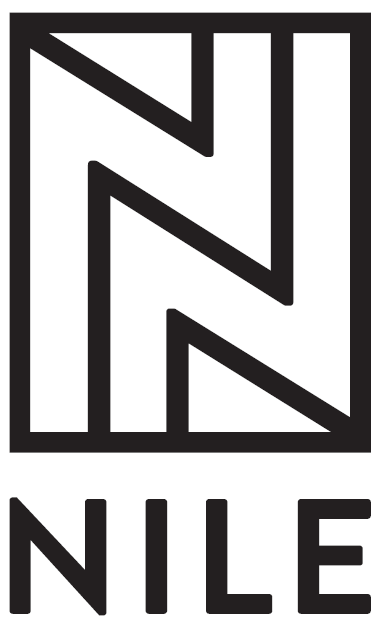
Responsibility FAQs
NILE uses a wide range of sustainable materials, such as organic cotton, recycled cotton, TENCEL™, recycled viscose and others.
You can find out more about these versatile materials here (link to Materials page).
These materials can bring significant advantages in terms of the fit and dimensional stability of a garment, and they also increase the lifespan of your favorite piece. We always look for the most sustainable alternatives and use recycled nylon, for example.
We choose our production partners with care and maintain long-term business relationships in order to ensure our high sustainability and quality standards. We produce in Portugal, China, India, Vietnam and Germany. However, for us, the “how” is more important than the “where”. We place the same demands on our production partners wherever we produce.
GOTS (Global Organic Textile Standard) is an independent and international certification, and ensures especially high environmentally friendly standards along the entire textile production chain. From extracting the raw textile fibers to weaving, dyeing and sewing, through to labeling the final product and sales, the entire socially responsible production process is presented in a transparent and comprehensible way. Alongside environmental criteria, fair working conditions also have to be ensured.
No harmful chemicals are used in the cultivation of organic cotton. This means that organic farming doesn’t damage the soil, it generates fewer harmful emissions and requires, on average, 91% less water and 62% less energy than conventional cotton farming.
We distinguish between material certificates and working conditions.
Since we use a wide range of materials, the certifications are also very diverse. GOTS can be awarded to organic cotton but not to recycled nylon. However, we are constantly striving to obtain more certificates. For example, we are now certified not only for the Responsible Wool Standard, but also for the Responsible Mohair Standard.
In terms of working conditions, it is a standard prerequisite of ours that new suppliers can show that they meet the BSCI requirements.
We have a multi-step system in place for this.
As a basic requirement, all new suppliers must have passed a BSCI audit. During this audit, 10 performance criteria, such as occupational safety, working hours, wages, etc. are extensively scrutinized by external auditors. In addition, most suppliers get audited for further certifications.
Another step is that we regularly send staff to conduct on-site inspections at our production facilities. We place great emphasis on face-to-face and direct conversation, and always remain in close contact. Furthermore, our suppliers have to disclose their upstream suppliers and any other companies that are involved, such as laundry shops, so that we can monitor the entire supply chain.
Plastic packaging has been completely dispensed with, both in our online store and in our brick-and-mortar stores. Our impressive packaging set includes a cardboard box, paper mailing bag, reusable paper filler and tissue paper.
In addition, NILE sends all parcels via climate-neutral post and pays the appropriate surcharge for each parcel – with Swiss Post “pro clima” shipments in Switzerland and with UPS carbon neutral in the EU. Both companies invest this surcharge in selected climate projects or emissions certificates of a high standard. This means the carbon emissions are fully offset and the transport is climate neutral.
